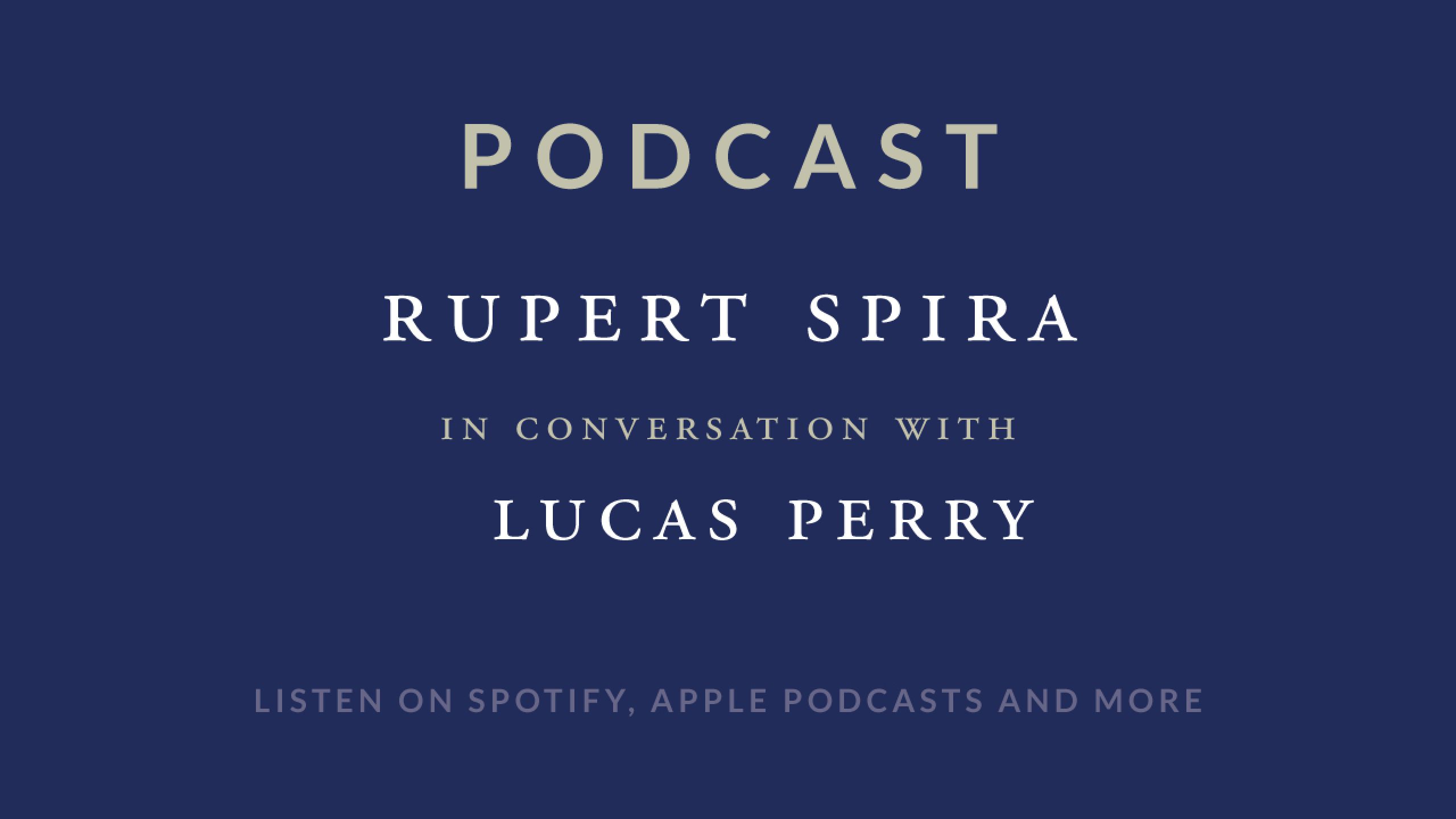Rupert responds that it is the veiling of our innate happiness, the forgetting of our true nature, which is the ‘I am’ before it is qualified by any experience. To discover this, we have to discard everything that’s not essential to us – our thoughts, feelings, sensations and perceptions – and rest in the awareness that knows them, in the experience of simply being.
When Lucas questions whether awareness is an experience that, like everything else, comes and goes, Rupert asks if he’s ever experienced the absence of awareness, which is of course not possible. For Lucas, who says he’s spent the last twenty years doing science and the last three doing spirituality, there’s a collision of views. Rupert says that the purpose of science is to know how reality behaves, not how or what reality is; and he agrees that while every manifestation of consciousness may have a mathematical correlate, consciousness itself does not and cannot.
Furthermore, he explains, if you alter the brain in some way – for example, if you have a glass or two of wine – while the experience will change, what will not change is the awareness that knows the experience and in which it takes place.
Ultimately, says Rupert, the essential nature of consciousness cannot be described because all our words, all our formulations, have evolved for the purpose of describing its content. If we really wanted to speak accurately about its nature, we would just have to sit in silence. So there has to be agreement that we’re going to use symbolic language to refer to something that is not itself the symbol.
Lucas then asks Rupert to describe the stages of awakening, which he sums up as follows:
Stage one – the recognition that ‘I am awareness’
Stage two – the recognition of the nature of awareness as our true nature
Stage three – the recognition that everything is that
When Lucas comments that Rupert does not use terms like purification (through equanimity), defabrication, or others from the Buddhist tradition, Rupert outlines the differences between progressive paths and the Direct Path. No purification is necessary with the Direct Path. Even if you’re deeply depressed, while it may be difficult, it is always possible to turn from the feeling towards the unscathed awareness that knows it. This ongoing realignment of mind and body begins after the recognition of our true nature.
Towards the end, Lucas asks about ethics; how does the practice of a moral life in the world fit into this recognition? Rupert replies that a just society could be created from a moral code based on the understanding that we share our being with everyone and everything. That while everyone’s relative truth may differ, we have to recognise that there is an absolute truth that is true for everyone.
